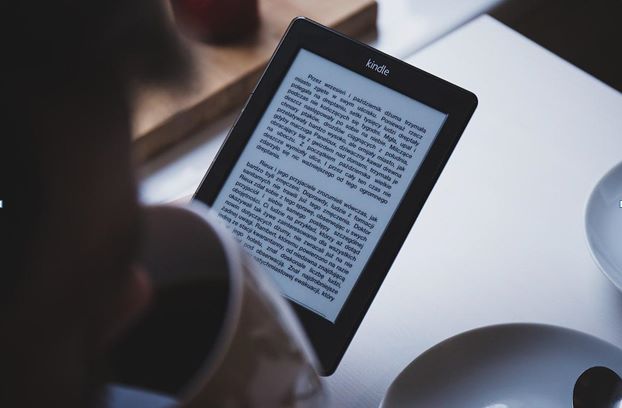Physical books have a unique appeal. Many people prefer the look and feel of a printed book more than reading on their devices. For some, it’s an aesthetic pleasure as physical books can have a pleasing design and print. They can be arranged on a bookshelf and exhibited as a symbol of one’s interests and tastes.
However, digital copies have gained massive popularity in the past few years. Although it’s somewhat due to the COVID-19 pandemic, other factors affect it, too. That’s why we’ll discuss the importance of the digital conversion of books for the publishing world.
The age of digitization
Since we live in a digital age, many things are shifting from the physical world into a digital one. Many businesses have gone entirely digital; you can even do your everyday tasks online and enjoy regular activities. One of those activities is reading a book.
Gone are the days of having to carry a massive book while you travel to work or go on vacation. Students no longer need large backpacks that break their backs. Nowadays, everything is storable on a simple, compact mobile phone that you can carry in your back pocket.
With digitization, everything is now more compact and quicker. Life is more convenient, as everything is more accessible.
The advantages of digital books
Why are books moving into the digital world when we know that most readers enjoy the feel of a physical copy?
Well, there are several reasons you might want your physical book made into a digital copy. These are just some advantages of digital copies compared to physical ones.
Distribution
Because you don’t need to share or sell physical copies of the book, you don’t need to worry about shipping. As there are no shipping and printing costs, production and distribution are more efficient and cost-effective. Digital formats allow seamless sharing and access on various digital platforms and devices.
Easy access
With physical copies, you’d need to head to a library. If you own the book, you either have to carry it, or you can read it at home only. On the other hand, as you can share digital books between platforms and devices, you can access them almost anywhere.
Higher sales and profits
Digital books can have lower prices as there are no printing and shipping costs. That’s why the profit margin can be higher for both the writer and the publishing company. Furthermore, as digital books have lower prices than their physical counterparts, more readers can afford them. That means the sales numbers will be significantly higher than with physical books.
Portability
Since you store these books digitally, you can access and read them whenever and wherever. Readers can pick up their phone, tablet, or laptop and read anytime they please, without the need to carry the book. Even when someone forgets to bring a book, they rarely forget their phone.
Narration
Some companies can also include narration in a digital copy of a particular book. That can massively help visually impaired people enjoy books. Moreover, many people find it more convenient to listen to a book than to read it. The reason is that you can multitask, listening to the narration while doing something else.
Interactive elements
Because digital books live in the digital world, they can include multiple elements that increase and enhance the reading experience. These involve multimedia and hyperlinks that you can access from many different devices. They engage the reader and bring the story closer, increasing interactiveness.
Conversion services
Can you imagine retyping a whole book in a word-processing application and dealing with typography and typesetting? It would be an exhausting task and take a massive amount of time.
Fortunately for writers and publishing companies, multiple document conversion companies handle book conversion. They can help authors convert their work into digital copies with maximum precision and high efficiency.
Not only can these companies transform physical books into digital ones, but they can also allow you to create multiple digital formats. For example, you can turn an Adobe InDesign or PDF into an EPUB file. That ensures that your digital copy is readable on various devices and platforms.
Conclusion
Compared to physical copies, digital books have many advantages. They allow easy access, lower cost, portability, interactiveness, and seamless distribution, among other benefits. They can also include narration, which can massively help visually impaired people. It’s much better than reading braille.
The popularity of digital copies has been increasing in the recent period. Because of their many advantages, digital books are the clear winners compared to physical ones. That’s why various digital conversion companies can help writers easily convert their work.





























